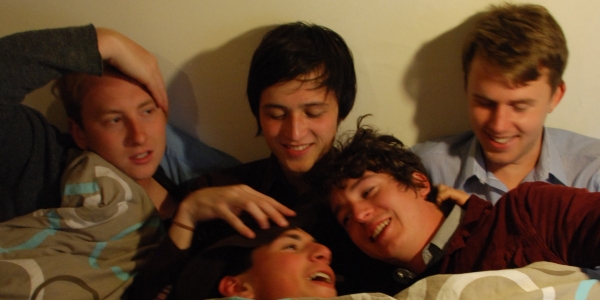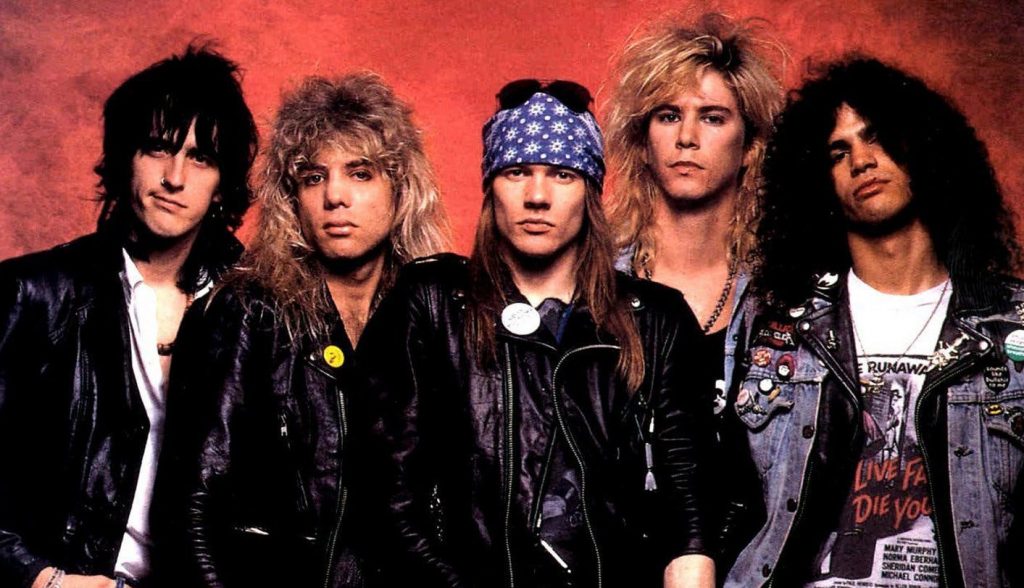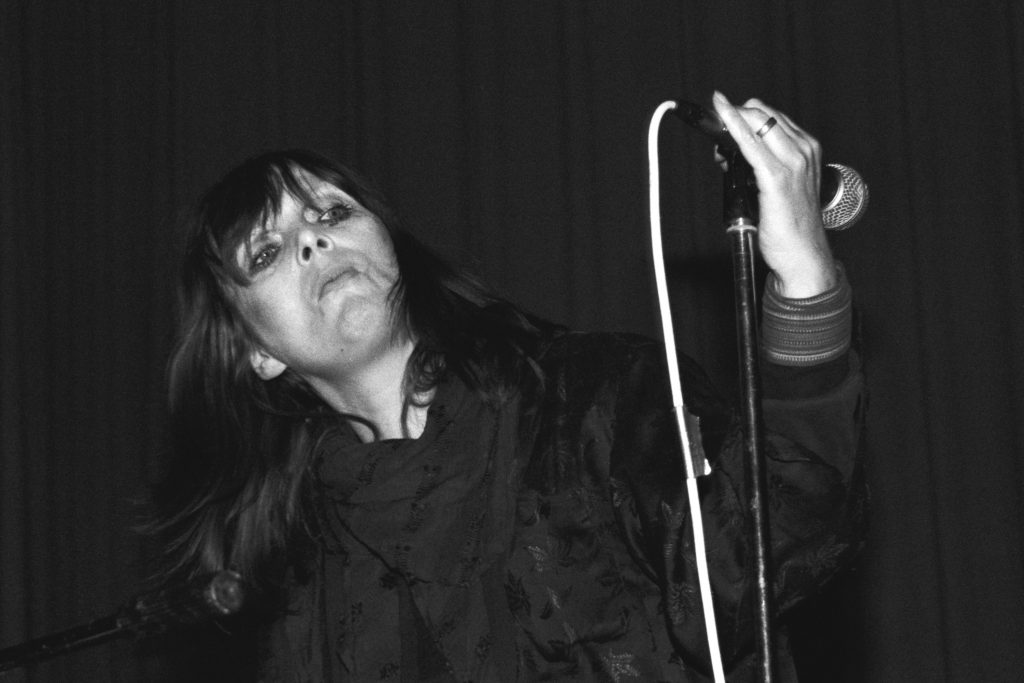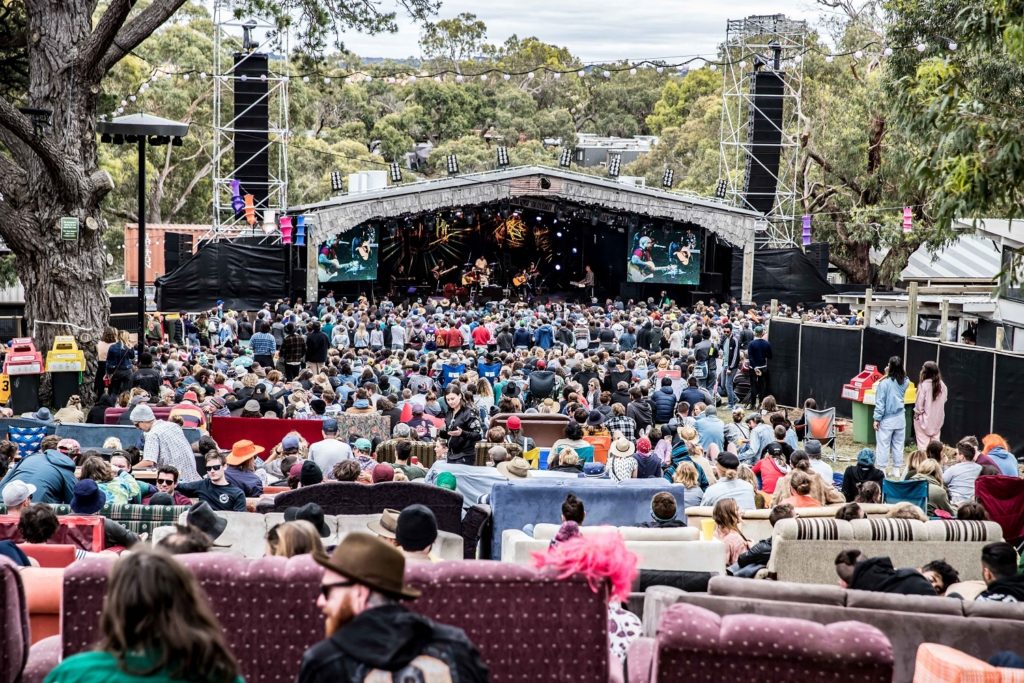Sound of Melbourne Records is the brainchild of Grimes. It’s meant to lend a voice to the plethora of unsigned bands in Melbourne. Sampler 2011 will be the first release from the label, a collection of acts as diverse as The Ocean Party, Autumn Gray and Brother Nature.
Grimes speaks with a genuine enthusiasm about Sound of Melbourne and music in general, akin to a child showing off his newest toy. Still, as Grimes continues to discuss the importance of independent record stores, he makes a valid argument.
“It’s about getting people back into record shops. It’s about getting kids off searching for music online and getting them back into indie record shops. I’ve discovered loads of music by just hanging out in record shops; I worry that some people have been missing out on that lately. Our launch allows people to come and see some live music and get people back into these shops.”
Reached on the phone while putting the finishing touches on the compilation’s packaging, Grimes continues. “I read some stats that show that Melbourne has more record shops per head than any other city in the world. And I believe it; I’ve been to lots of different countries in the world but I’m always blown away by everything Melbourne has to offer.”
With the way Grimes endorses Melbourne’s music community, one might be surprised to learn that Grimes is actually a native of Liverpool, England. Still, his enthusiasm towards the city is palpable and it becomes clear very early into our twenty minute conversation that, despite all the reasons he shouldn’t, this was a project that he’d wanted to get into for some time.
“My wife is from Melbourne, and I’d originally been working in the Middle East. She brought me over here, I took a look around Brunswick Street, some of the record shops and thought, ‘Yea, I could live here.’ I decided I wanted to give something back; put something into music. I’ve been in bands previously when I was younger and obviously music has been a massive part of my life. For me it was a matter of giving back; the timing is right. And we wanted to do it the old school way. Obviously the record industry is not something that normal people would go into right now. The big labels are struggling and the little labels are becoming non-existent. And what we’ve got in Melbourne is very indie focused, and we thought we’d just start promoting what we have from the ground up.”
Grimes’ passion can be confused for naivety. Yet he’s not oblivious to the fact that the music industry isn’t the strong, well-oiled machine that it used to be. He succeeds that as of late, young bands in Melbourne face even more challenges than they used to.
“The biggest obstacle is that people aren’t putting money into music like they used to. A lot of big labels are snapping up indie bands, and even the financial crisis that hit a lot of countries has had a massive effect on the industry. Not as many bands are getting signed by labels. I think that some of the bands on the compilation, a band like Ocean Party, were they around in 1984 then they’d be signed to a major label and they’d be selling a ton of records. A lot of bands have found themselves on fire at the worst time.”
So while there might have been better times for the music industry, it’s those times which Grimes used as a blueprint for Sound of Melbourne’s first compilation. Yet if the wealth of talented and unsigned bands that call Melbourne home is any indication, it won’t be long before the label and compilation expand.
“I had a template in mind. In the late ’70s and early ’80s, there was a compilation that came out called Pillows And Prayers on Cherry Red Records. Basically, that had some spoken word on it, with a lot of acoustic, indie stuff and some electronic stuff as well. In my head, I wanted to do a modern day version of that. When I got here, I think that changed a little. I never thought I’d have people like Brother Nature on there, who are more of an electronic band. Obviously there was a much wider range of music. And sometimes I found it difficult to stick these songs side by side when arranging the line-up. That was the toughest thing. There shouldn’t be anything buried. Maybe next time I’ll have wider a range. We were trying to make a mix-tape with things sounding great, side-by-side.”







